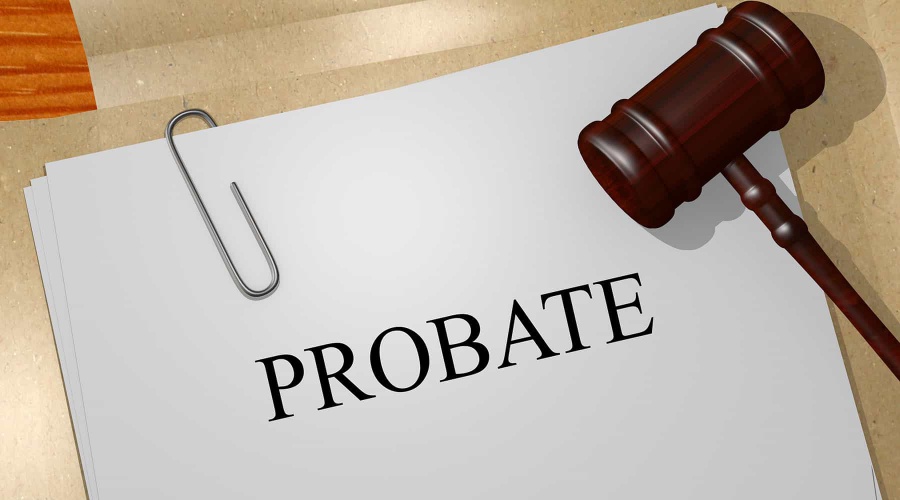When it comes to navigating the complexities of estate planning and the distribution of assets after a loved one’s passing, the role of a probate lawyer becomes paramount. These legal professionals proficient in managing the probate process, ensuring that the deceased’s wishes are honored while adhering to local laws and regulations. Their guidance not only alleviates the burden on grieving families but also provides crucial guidance in resolving disputes that may arise among beneficiaries.
In this article, we will delve into the essential functions of a probate lawyer, shedding light on their responsibilities, the probate process, and why engaging their services can be beneficial. Whether you’re an executor of an estate or a family member seeking clarity on inheritance matters, understanding the importance of a probate attorney can significantly streamline what is often a complicated journey through legal requirements and emotional challenges.
Key Responsibilities of a Probate Lawyer
One of the primary responsibilities of a probate lawyer is to initiate the probate process by filing the necessary paperwork with the court. This includes submitting the decedent’s will, if one exists, and obtaining the legal authority to act on behalf of the estate. The lawyer also assists in identifying and valuing the deceased’s assets, paying off debts and taxes, and ultimately distributing the remaining assets to the beneficiaries. Having a skilled probate lawyer can make this process smoother, ensuring that all legal requirements are met and minimizing the potential for disputes among beneficiaries.

Navigating Disputes and Challenges
Probate disputes can arise for various reasons, including conflicting interpretations of the will, challenges to its validity, or disagreements among heirs regarding asset distribution. A probate lawyer plays a crucial role in mediating these conflicts, drawing upon their legal guidance to facilitate communication between parties and seeking amicable resolutions. By addressing concerns early in the probate process, these professionals can prevent prolonged litigation and help families move forward during a challenging time. Their ability to interpret the law and provide clarity on legal rights is essential for protecting the interests of all parties involved.
Ultimately, the value of a probate lawyer extends far beyond mere legal representation; they serve as a trusted ally for families during one of life’s most difficult transitions. Their profound understanding of the probate process not only ensures that the deceased’s wishes are honored but also provides families with the reassurance needed to navigate the often murky waters of estate management and inheritance disputes. By effectively mitigating potential conflicts, managing timelines, and adhering to legal protocols, probate lawyers allow beneficiaries the space to grieve and heal without the crushing weight of administrative burdens. Engaging a probate lawyer is an investment in peace of mind, ensuring that loved ones can honor the memory of the deceased while focusing on what truly matters—supporting each other through the grieving process.